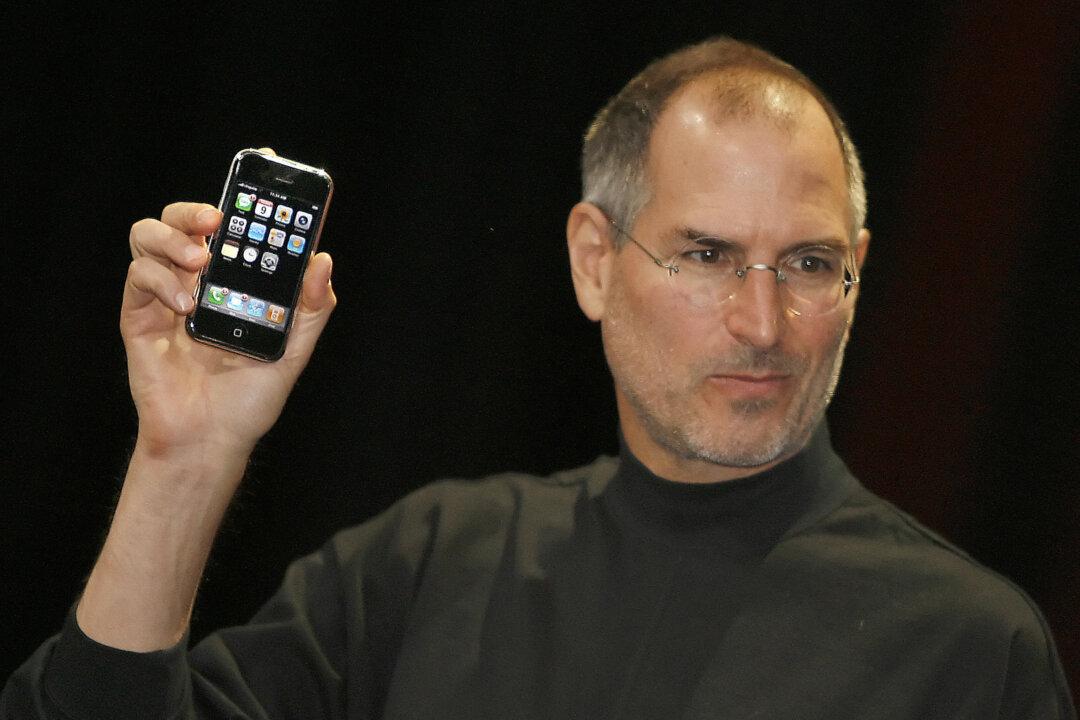A Michael Jordan advertisement, aired in 1997, resonated with Americans: “I’ve failed over and over and over again in my life,” he says, “and that is why I succeed.”
Jordan was a phenomenal success from the get-go, but Nike marketers knew viewers would respect perseverance and relate to failure. His message bears repeating given that the United States faces external competition amid rapid economic change.





